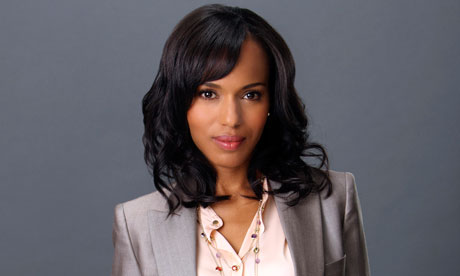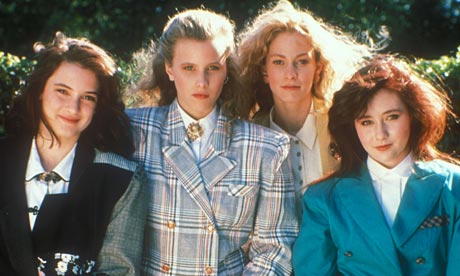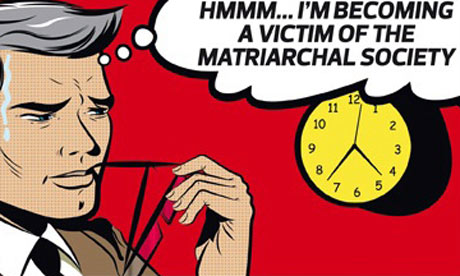Useful stat, and insight into the barriers that ethnicity still poses for black actresses: there were zero US TV dramas fronted by a black actress after 1974, until now (Oct 2012). Just a 38-year gap!!!
That would be a helpful stat to quote if ethnicity came up in your exam (wider context).
Article below URL.
American television's real Scandal
Why have audiences had to wait 38 years for a black female lead character?
Since then the roles for black actresses have typically been limited to supportive friend or snappy sidekick. Most recently, former Doctor Who star Freema Agyeman landed a supporting role in the upcoming Sex and the City prequel, The Carrie Diaries, fellow Brit Gugu Mbatha-Raw played one half of a husband/wife spy team in the swiftly cancelled Undercovers and former reality star Nene Leakes had turns in Glee and sitcom The New Normal.
Even Miranda Bailey, arguably the strongest character on the show that made Shonda Rhimes's name – Grey's Anatomy – is frequently relegated to the sidelines in favour of another smooch between Meredith and McDreamy.




